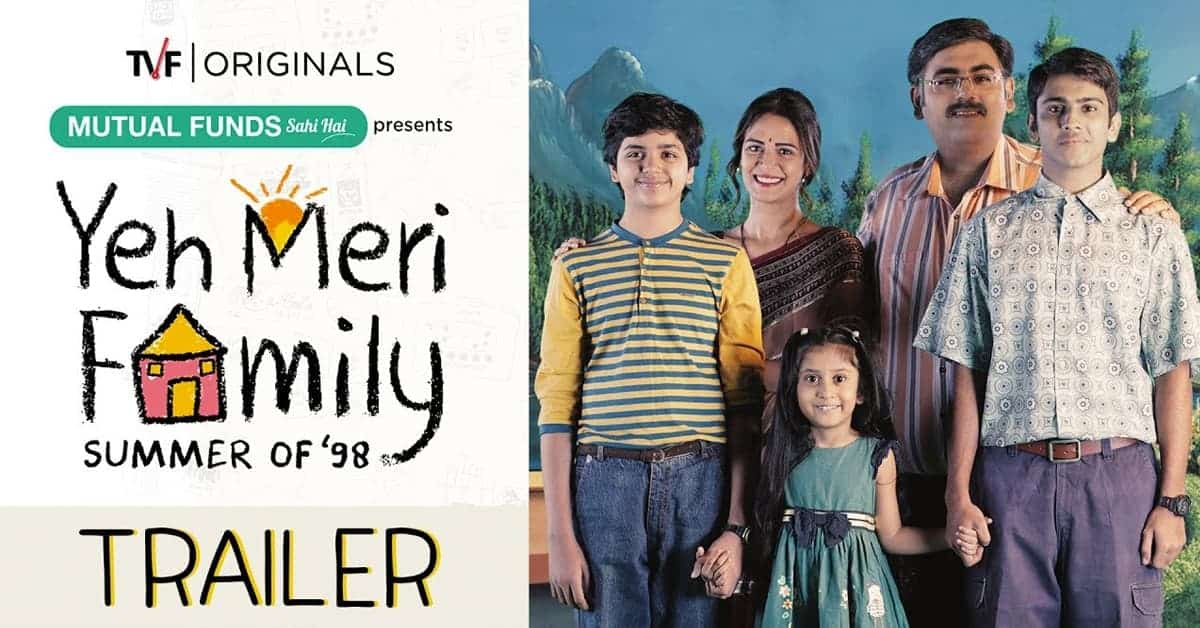Content marketing through storytelling is a powerful medium and many brands have been using this technique for decades now.
One of the recent examples was this nostalgia-inducing Netflix series “Yeh Meri Family”.
Set in the mid-90s, the story is mostly about a teenager called Harshu, who has a kid sister and an elder brother who is preparing for his engineering entrance exam.
The series has 7 episodes and in all the 7 episodes, Harshu goes through different travails of early teenage life. Sometimes he is a cute kid, sometimes a bit nasty, and sometimes nice. It has all the ingredients of an engaging story and once you start watching the first episode, you want to watch all, and you feel bad when the series suddenly ends. You wish that the next season becomes available soon.
In the backdrop, his father (wonder why he’s obese, even if he represents the average Joe) is a mutual fund investment consultant.
He is shown giving advice to people on why it is better to invest in mutual funds. He also has some clients who are really happy with him and through him, have been able to make some good mutual fund investments.
They seem to be a slightly rich middle-class family.
It is a complete family show and when we were watching it, it didn’t strike that it was in fact a content marketing campaign to promote a mutual fund company.
But after reading this post it becomes clear why the father was such a champion of investing in mutual funds. This series is a part of the Association of Mutual Funds of India (AMFI) larger campaign “Mutual Fund Sahi Hai” that people in India must have seen on TV.
This is what differentiates content marketing from conventional marketing and advertising. Whereas, in the conventional marketing and advertising, the product or the service takes the center stage, in content marketing, it is the storytelling that takes the center stage and the product or the service creates a positive association rather than dominating the discourse.
People used to conventional marketing and advertising may think that the actual product gets lost in the narrative full of characters and incidents, and to some extent, they might be right, especially in the case of “Yeh Meri Family”, but how much the product is highlighted depends on the messaging.
The purpose of the Netflix series (or the YouTube series) was not to promote the product as such, but the concept. They show a reasonably affluent and comfortable family with all the family members having somewhat an equal say in the affairs of the family – even the youngest daughter.
The father provides mutual fund consulting services and makes a decent living. Even in the 90s, they have a car and a reasonably big house. They also have a scooter.
While the ups and downs of the teenage life go on, the father has conversations about the benefits of investing in mutual funds. People come to him with doubts and he alleys those doubts whether he’s having conversations in the playground while the boys play cricket, or in his office.
I cannot say whether watching the series had a lasting impact on my psych, especially about investing in mutual. I think the messaging was too subtle. But maybe that’s what the promoters wanted.


